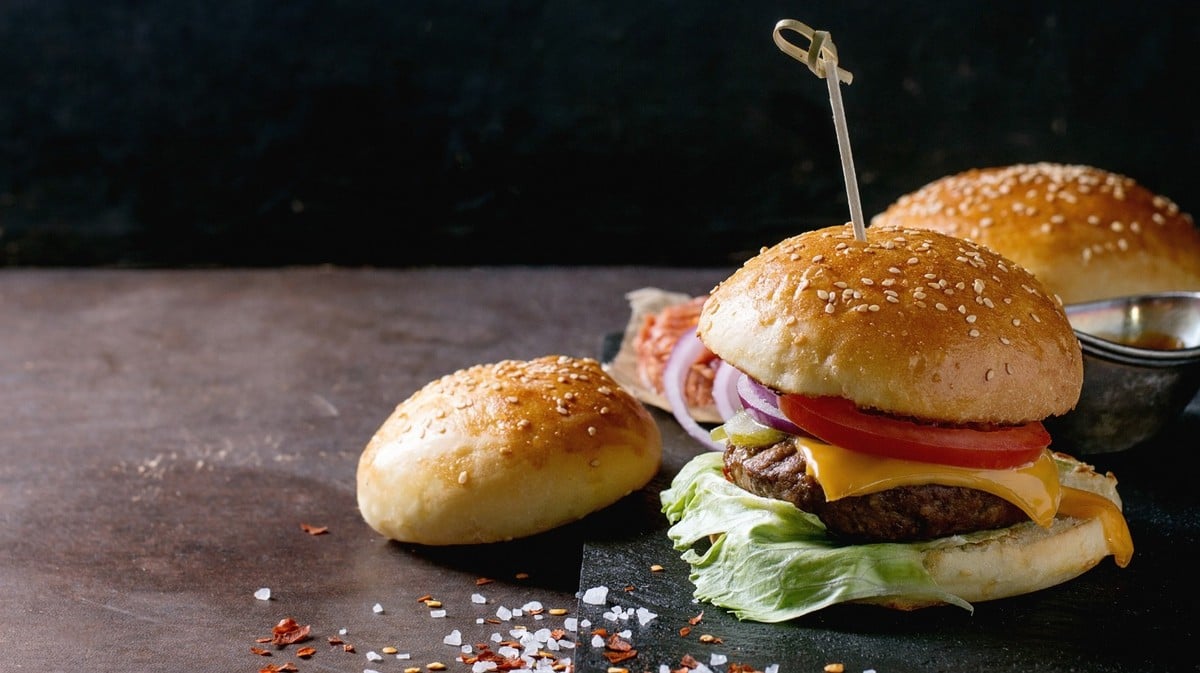A fast food restaurant has proved tasteless after allowing customers to add the “Adolf” cheese and bacon covered french fries as a side to their “Ana Frank” hamburger in Argentina.
Honky Donky, a local eatery in the small town of Rafaela in the Santa Fe province, offered the two options on their menu along with others named after Mongolian khagan Genghis Khan, Chinese communist revolutionary Mao Zedong, and World War II-era Italian fascist leader and Hitler ally, Benito Mussolini.
Public outrage began after the Rafaela Jewish Community Facebook page posted on August 1 to “express its most heartfelt disapproval and indignation” of the menu, asking that Honky Donky remove items related to the Holocaust, specifically those referencing Hitler, Mussolini, and Anne Frank.
Ariel Rosenthal, a representative of the Rafaela Jewish Community, told local media that they first learned of the disturbing marketing campaign in March and that they spoke with the owners, who said they would remove the menu choices, but then didn’t.
"We do not understand the delay in doing it,” said Rosenthal. “We deeply regret this incident and we hope that the matter will be reflected upon.”
Soon after, Honky Donky apologized for the menus in their Instagram story, according to screenshots posted by local media, and announced that they would rename the items after “defenders of peace and human rights” like “Mahatma Gandhi, Martin Luther King, Dalai Lama, Barak (sic) Obama, Teresa de Calcuta, Carlos Mujica, Nelson Mandela, Mijail (sic) Gorbachov, Juan Pablo II, among others.”
Argentina has a sordid history with Nazi Germany, where many former members of the Third Reich fled after their defeat. It’s alleged that members of the Argentine government actively facilitated escape routes for some ex-Nazi officials, who would either stay in Argentina or fan out to other countries in the Americas, most significantly neighbors like Paraguay and Brazil. Infamous Nazis like Josef Mengele, Eduard Roschmann, and Adolf Eichmann reportedly traveled through the country or lived at least some period of their remaining days in Argentina.
Nazi ideology remained a simmering undercurrent in some areas of South America and has gained popularity in recent years, especially among the region’s far right movement. In November 2022, a school shooting committed by a former student wearing Nazi imagery in Brazil caused four deaths and a dozen wounded. Less than three months later, another Brazilian teenager attacked a school with homemade bombs and dynamite while wearing a Swastika.
There also continues to be a sort of Nazi-glorification by some subsects of the population in countries across Latin America. In 2021, a Colombian police academy held a state-sponsored so-called “cultural exchange” event dressed up as Nazis with one impersonating Adolf Hitler. A Mexican couple had a Nazi themed wedding last year citing Hitler’s veganism as an inspiration. In May, police in Peru seized 50 bricks of Swastika-branded cocaine en route to Europe, some of which was stamped in capital letters with the word “HITLER.”



Which, to be fair, is the best defence I can think of for the place.